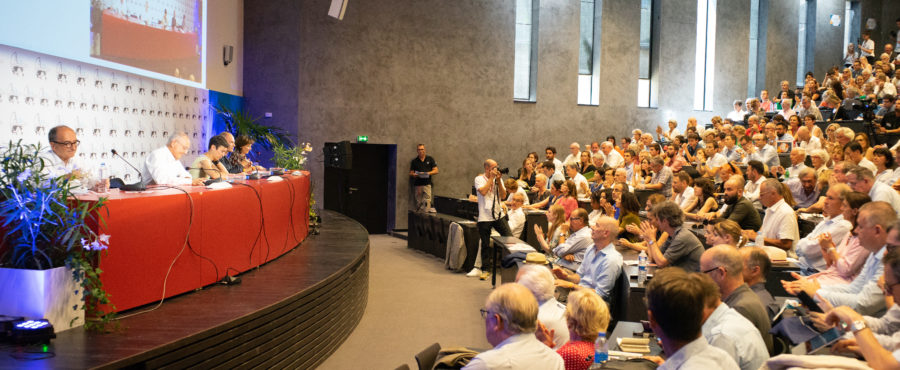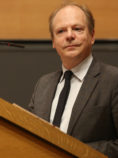5 Jul 2019
When did we Lose Trust?

The rise of populisms demonstrates a loss of trust in our institutions, our economy and our common future more generally. This defiance is in stark contrast with hopes for an expansion of the democratic ideal and emancipatory values announced through the well-known title of F. Fukuyama’s ‘The end of History’.
What are the roots of this loss of trust and how can we trace its genesis? The first hypothesis is an economic one: the emergence of deep economic risks in the last two years, embedded by globalisation, the digital revolution, inequalities, as well as the great financial crisis of 2008, would have progressively eroded citizens’ trust in our societies. The second hypothesis is that of a ‘cultural backlash’: the expansion of emancipatory values symbolised by the May 68 movements would have progressively eroded citizens’ identity and called for a rebirth of traditional values.
But are we not facing a more profound change of civilisation? The tension underlying our post-industrial societies is two-fold. On the one hand, citizens’ aspirations have been steadily increasing with higher education levels. On the other hand, citizens express a growing social isolation linked with the ‘disembededness’ of sociability modes, in particular at work and in territories. The confidence crisis would then first and foremost indicate a crisis of aspirations which seek to express themselves through new forms of democratic expression.






















































































